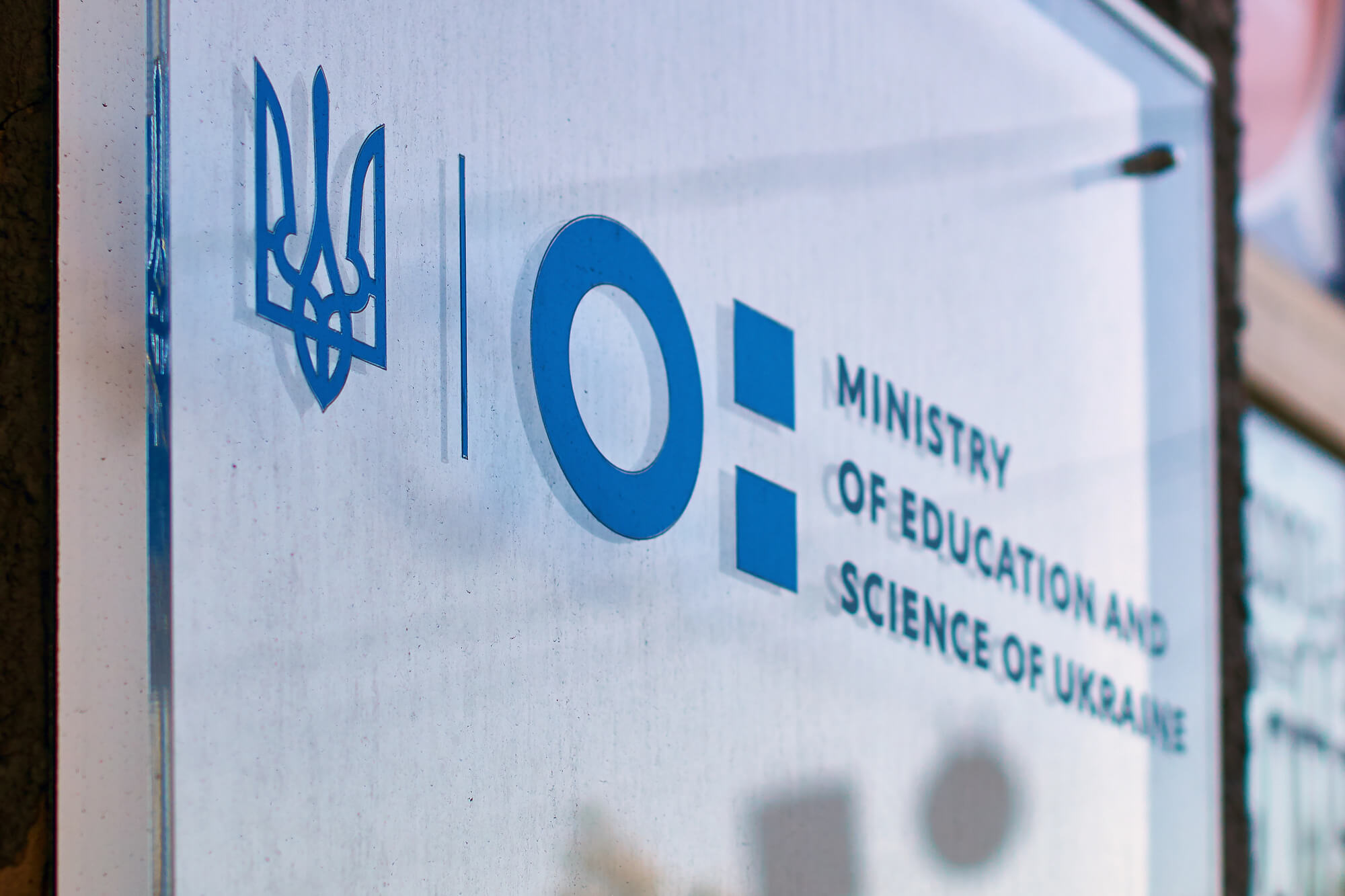The 249th issue of the Reform Index, covering the period from October 7 to 20, includes seven reforms. Two of these received a +2 rating from experts: the law on rebooting customs and the law harmonizing Ukraine’s customs legislation with European standards. The experts also gave a high rating (+1.5 points) to the law on public consultations. The overall Index value is +1 point (the previous Index stood at +0.6 points).
Graph 1. Dynamics of the Reform Index

Graph 2. Values of the Reform Index and its Components in the Current Assessment Round

Gradual transition to EU customs rules, +2 points
Law No. 3926-IX incorporates provisions of the European Union’s customs legislation regarding customs brokers into Ukraine’s Customs Code.
The Customs Code introduces the concept of customs representation, similar to that in the EU. This means that a customs broker (customs representative) authorized by another party can carry out customs formalities (such as completing customs declarations and paying customs duties) through direct or indirect representation. In direct representation, the broker represents their clients in their name and acts solely as an agent, bearing no responsibility during customs clearance. In this case, the representative’s fee is lower, and the client agrees to assume full responsibility. In indirect representation, the broker acts in their own name and shares joint liability with the client for the payment of customs duties.
Moreover, conducting customs brokerage activities will require obtaining authorization, which will replace the current permit system. Companies that receive authorization from the State Customs Service will find it easier to acquire the status of an Authorized Economic Operator (AEO), which simplifies customs operations.
The AEO status signifies trust in the company and allows it to pass through customs borders more quickly. However, only businesses that comply with customs and tax legislation, have no record of criminal liability, are not under sanctions, demonstrate a stable financial standing, and maintain a high level of control over their operations and goods flow will be eligible to obtain authorization and the associated benefits.
Information about the Reforms Index project, the list of Index experts and the database of the regulations assessed are available here.
Expert commentary
Yevheniia Hryhorieva from the think tank “Europe Without Barriers”
“Law No. 3926-IX was published on October 18, 2024. Some of the changes will take effect in six months, while others are effective immediately. For instance, the right to priority arrival and border crossing via the eQueue system has been established for goods belonging to companies with Authorized Economic Operator (AEO) status under the Common Transit Procedure (NCTS) and goods transported using TIR carnets. This innovation is a logical continuation of amendments to Ukraine’s Customs Code since 2019, which prioritized AEOs in completing customs formalities, using designated lanes at border crossings, and customs control of TIR cargo. Another milestone was achieved in 2023, with changes granting priority customs control to NCTS shipments.
NCTS (New Computerized Transit System) is used by countries participating in the Convention on a Common Transit Procedure. Businesses (entities engaged in foreign economic activity) submit customs declarations electronically to the system to place goods under the common transit procedure.
AEO (Authorized Economic Operator) is a status that certifies a company’s reliability and provides it with advantages during customs clearance. In Ukraine, AEO was introduced at the legislative level in 2019.
A broad range of professional experts worked on the amendments, committed to accelerating the movement of Ukrainian exports across borders, aligning Ukraine’s customs legislation with EU standards, and fulfilling commitments to increase business adoption of the AEO program and the NCTS procedure. For businesses to be interested in this, they need tangible, specific benefits. Priority arrival at the border and crossing, especially during peak times, could play a significant role.
The legislative foundation has been laid. Now, the ball is in the court of the Infrastructure Ministry and its partners for implementing the second iteration of the eQueue experiment, launched on December 5, 2024. How quickly integration with other information systems will be carried out, the data on which prioritization will be based, the principles to be applied—such as creating a separate queue or prioritizing within existing ones (regular, for empty trucks, goods under HS Codes 1-24)—and the border crossing points where it would be most appropriate to implement this will become clear in due course.”
Customs overhaul, +2 points
The President has signed a law aimed at increasing the independence and transparency of customs authorities. From now on, the head of the State Customs Service (SCS) will be selected for a five-year term by a commission of six members, three of whom will be appointed based on recommendations from international organizations. The new SCS Head will have the authority to independently appoint mid-level managers (previously, these appointments required approval from the Ministry of Finance). Independent auditors will evaluate the performance of the customs service, and a negative audit report will serve as grounds for the dismissal of the SCS Head.
All employees should undergo certification within 18 months of the new SCS Head’s appointment. In the future, customs officials will be subject to annual assessments, including evaluations of their customs competencies, integrity checks, lifestyle monitoring, and, if necessary, psychophysiological testing using a polygraph. At the same time, the salaries of SCS employees are planned to increase by 15–20%.
Expert commentary
Yevhen Harmash, Ph.D. in Law, Associate Professor, Vice-Rector for Academic Affairs at the University of Customs and Finance
“Law No. 3977-X, dated September 17, 2024, continues a series of reforms in the customs sector. The main innovations of the law include:
- Revised procedure for the competitive selection of the Head of the State Customs Service (SCS) based on best practices from NABU, SAPO, and NACP.
- Rules for forming the selection commission for the SCS Head, including involving international experts with high professional competencies (at least five years of experience in law, economics, and/or anti-corruption fields).
- Clear decision-making algorithm for the selection commission, which submits a single candidate—the competition winner—to the Prime Minister of Ukraine.
- Empowerment of the new SCS Head to shape the personnel structure of customs authorities, including appointing deputies. The requirement to coordinate the appointment and dismissal of mid-level managers (such as customs heads and department directors) with the Minister of Finance has been abolished.
- Annual external independent audits to ensure unbiased oversight of the SCS Head’s performance. A negative audit result constitutes grounds for dismissal.
- List of restrictions preventing individuals from joining customs authorities under certain conditions.
- One-time certification of customs officials to determine their suitability for their positions.
- Defined salary structure and components for SCS employees to ensure motivation and stability in customs service careers.
The innovations appear to align with the demands of European partners for reforming Ukraine’s customs authorities, but there is a catch. On December 3, 2024, the government introduced Resolution No. 1365, establishing the position of Government Commissioner for Customs Reform. The broad powers granted to this position effectively undermine the “political independence” of the future Head of the Customs Service, as outlined in Law No. 3977-X, raising concerns about the success of the proposed customs reform.”
Law on public consultations, +1.5 points
The Law on Public Consultations, which awaited signing for nearly four months since mid-June, establishes uniform rules for interaction between government authorities and the public during the decision-making process. The provisions of the law will come into effect a year after the end of martial law.
The law mandates public consultations for all executive authorities and local governments. It also provides for the creation of an electronic platform to facilitate these consultations, enabling participation from, among others, individuals with limited mobility. Authorities are required to report the outcomes of consultations, including whether proposals were accepted or rejected, along with justifications for their decisions.
Expert commentary
Yevhen Shkolnyi, Expert at the Centre of Policy and Legal Reform
“On October 17, 2024, the President of Ukraine signed the Law on Public Consultations to make the decision-making process more transparent and democratic. The law allows citizens, public organizations, trade unions, and other stakeholders to participate in discussions on various issues related to state and local policies. The law will come into effect 12 months after the termination or repeal of martial law in Ukraine.
The law requires that public consultations be conducted by all executive authorities, local governments, and other relevant bodies when making any administrative decisions.
A positive aspect of the law is that it regulates the procedure and key stages of public consultations, introduces various formats for conducting them (e.g., electronic consultations, targeted consultations, public discussions), and mandates reporting on the outcomes of consultations, including whether proposals were accepted or rejected, with justifications for the decisions made.
However, the law does not require mandatory public consultations by Members of Parliament. This omission undermines one of the law’s primary objectives: obligating MPs to conduct public consultations on their legislative proposals. A significant proportion of laws in Ukraine are adopted from MP-initiated bills (in 2023, this figure was 82%). Often, these proposals are flawed and fail to account for even obvious negative consequences.
At the end of October, the European Commission released its annual EU Enlargement Package, including progress reports on candidate countries’ paths to European Union membership. In its report on Ukraine, the European Commission noted that the Law on Public Consultations does not mandate public consultations on draft laws submitted by MPs, significantly narrowing its scope. At the same time, the government’s role as an initiator of draft laws remains limited, as the majority of adopted bills are submitted by MPs. Parliamentary drafts often lack explanatory notes and proper impact assessments, affecting the quality of legislation.
Thus, the current version of Ukraine’s Law on Public Consultations fails to address a critical issue: the lack of public tools for influencing MPs’ legislative initiatives. Therefore, the law requires urgent revision in this regard.”
Chart 3. Value of Reform Index components and number of events

Reform Index from VoxUkraine aims to provide a comprehensive assessment of reform efforts by Ukraine’s authorities. The Index is based on expert assessments of changes in the regulatory environment in six areas: Governance, Public Finance, Monetary system, Business Environment, Energy, Human Capital. Information about the Reforms Index project, the list of Index experts and the database of the regulations assessed are available here.
Photo: depositphotos.com/ua
Attention
The author doesn`t work for, consult to, own shares in or receive funding from any company or organization that would benefit from this article, and have no relevant affiliations



